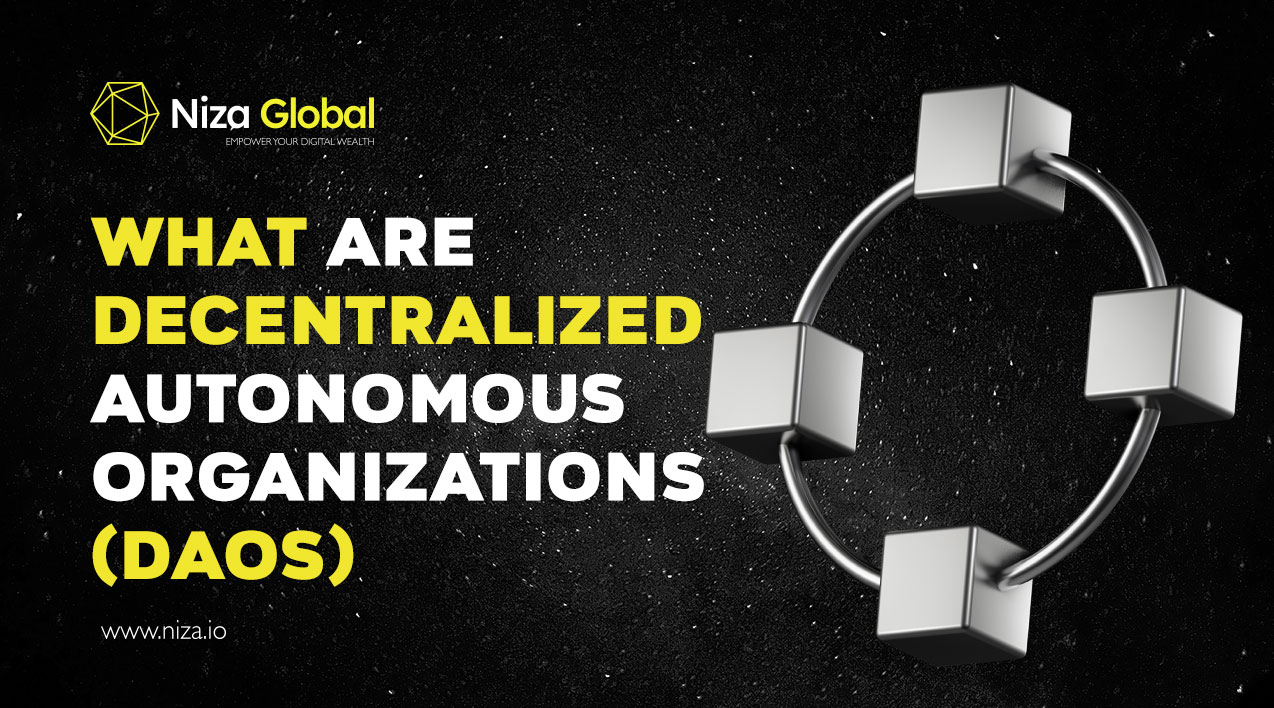Decentralized Autonomous Organizations (DAOs) are entities that operate without central leadership, governed by a community that follows a specific set of rules enforced on a blockchain. DAOs are driven by smart contracts, which are code snippets that automatically execute when predefined conditions are met. These organizations are fully autonomous and transparent, built on open-source blockchains, allowing anyone to view their code and audit their built-in treasuries.
Understanding DAOs
A Decentralized Autonomous Organization (DAO) is an organization that functions without a central authority. Instead, it is governed by a community of people who share a common objective and operate under rules enforced on the blockchain. DAOs are internet-native entities collectively owned and managed by their members. They have treasuries that can only be accessed with the approval of the members. Decision-making occurs through proposals that the group votes on during designated voting periods.
DAOs Operational Mechanism
DAOs function through smart contracts, which are blocks of code that automatically carry out tasks when certain conditions are met. These smart contracts define the rules of the DAO. Members who hold a stake in a DAO are given voting rights, allowing them to influence the DAO’s operation by voting on or proposing new governance proposals. This system ensures that DAOs are not overwhelmed by excessive proposals, as a proposal only passes if a majority of stakeholders approve it. The exact definition of a majority varies between DAOs and is specified in the smart contracts.
Potential Advantages of DAOs
There are several reasons why a group of individuals might choose to adopt a DAO structure. One of the primary advantages is decentralization, where decisions affecting the organization are made collectively by its members, not by a central authority. This model eliminates the need for third-party intermediaries and has the potential to promote transparency and autonomy within the cryptocurrency space.
Challenges of DAOs
Despite their many advantages, DAOs also face challenges. One major limitation is security. DAOs must prioritize security, as vulnerabilities can lead to substantial losses from their treasuries. Additionally, the accumulation of voting tokens could result in a concentration of power, which might undermine the DAO’s decentralized nature.
DAOs in Practice
The first notable DAO, The DAO, was created by developers to automate decision-making and facilitate cryptocurrency transactions. However, it was hacked and drained of a significant portion of its funds. This event led to improvements in the security and operation of later DAOs. Another example is ConstitutionDAO, which was created to purchase a copy of the U.S. Constitution. While the DAO failed in its bid, it demonstrated that a group of like-minded individuals could unite and pursue large-scale projects.


